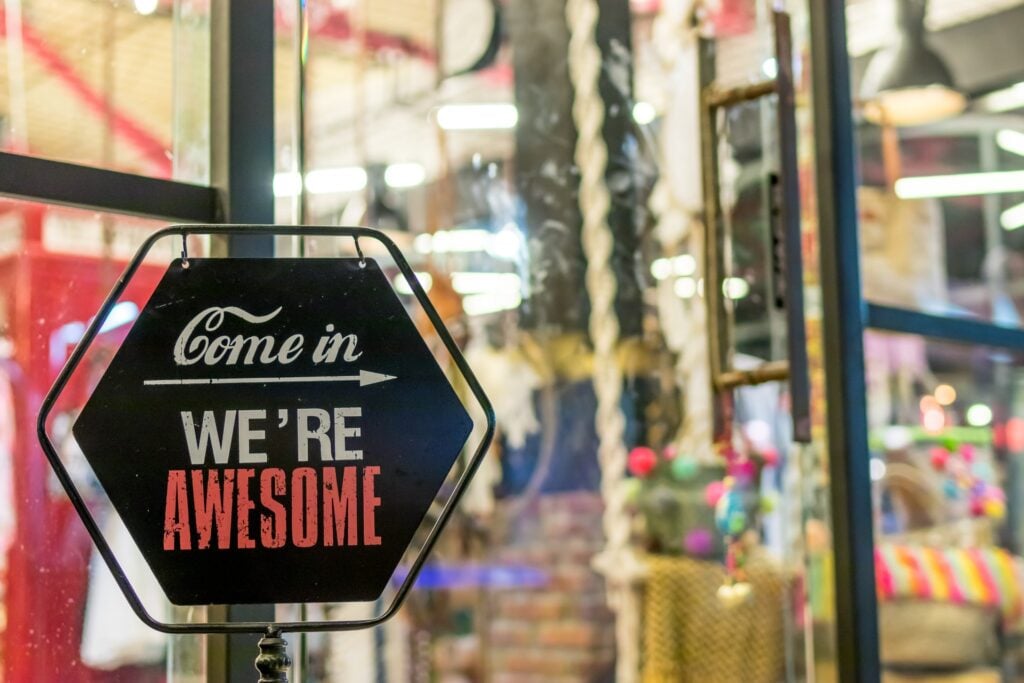Why In-App Advertising Needs To Open Up To Competition

Spas, Coronavirus, and the Dangers of Pseudoscience
The coronavirus has people running scared, and fears leads to rash actions. While top medical professionals are doing everything they can to find a vaccine, others are throwing out unverified pseudoscience that they claim will make the disease go away in a matter of days.
These fake advertised claims are dangerous for a multitude of reasons. Assuming that a coronavirus vaccine is developed, it will need to be universally applied amongst the population to have a real effect. But there have already been media and political figures who have declared that they will not be getting a vaccine, and such concerns will only be exacerbated if citizens believe that there is an easy cure as an alternative.
To make matters worse, some spas have been at the forefront of offering these baseless cures. While plenty of spas like Dermani MedSpa are following the science and proudly advertising how their workers have helped battle the disease while their businesses have closed, others have been far less scrupulous.
Different Kinds of Advertising Scams

There have been multiple reports of spas offering Vitamin C infusion treatments as a means of combating the coronavirus. Newsweek reported last week that the FBI launched a raid against a medical spa in Michigan which had offered “intravenous vitamin C injections as treatments against coronavirus.”
Vitamin C has been long bandied about as an immune system booster, and there is some evidence in favor of this claim. China is in fact conducting a clinical trial to see if ultrahigh infusions of Vitamin C will have a long-term effect on the virus.
But it should be emphasized that this is part of China and the world’s efforts to throw just about any chemical imaginable at the coronavirus right now to see what works. With the present science, there is no evidence to claim that Vitamin C has the slightest effect on coronavirus patients.
Yet there are other examples of spas who have been offering Vitamin C treatments, and have been forced to close as a result. But Vitamin C at the very least is not poisonous. If you take in too much of it, it will be removed when you go to the bathroom.
Other supposed cures are not so harmless. Perhaps the most infamous example is bleach, which got President Trump into some controversy when he suggested that patients might inject bleach or disinfectant, only to walk back such remarks later. And even if these treatments are not outright poisonous, patients can find themselves paying huge sums of money for drugs which will not protect them. Those at risk from the coronavirus, particularly the elderly, are at highest risk from unscrupulous scammers.
Is there anything we can do to protect ourselves while we hopefully wait for a vaccine? Aside from the social distancing measures and wearing protective equipment measures that we all know about by now, you can improve your body’s physical condition which should help. Regularly exercise, eat healthily, and get plenty of sleep. This will not make you immune, because there are no shortcuts to the path for a cure. And be aware of anyone who claims to offer such a thing.